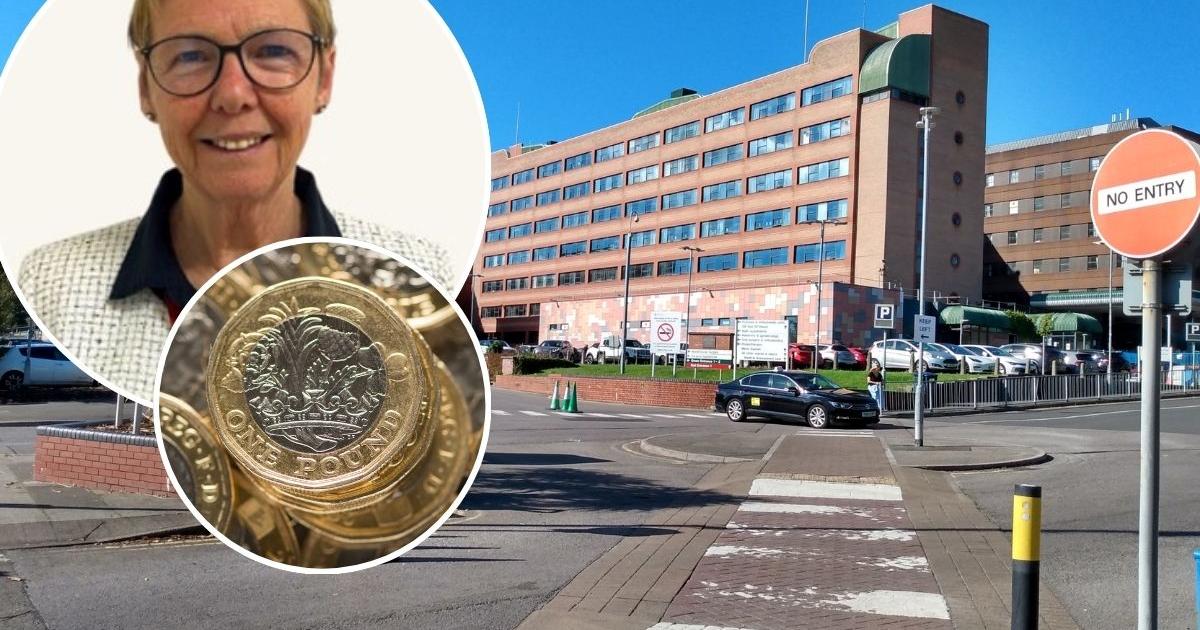Board members have also agreed its chief executive Nicola Prygodzicz can request additional cash support from the government to cover a likely shortfall and ensure suppliers can be paid in a timely manner towards the end of the financial year if necessary.
The Aneurin Bevan University Health Board, which is responsible for all of Gwent’s hospitals and providing NHS services, had originally intended to end the 2025/26 financial year in a “break even” position.
It however revised that plan due to escalating costs throughout the year and instead plans to finish the year with a deficit of £19.9m against its funded budget. That is despite the board having exceeded its £40m savings target for this year by £2m.
Latest figures show at the end of September the board had a deficit of £11.387m and that has been blamed on increased drug prices, meeting the costs of people with continuing health care needs, delays in discharging patients from hospital despite improvements and pay costs such as overtime and for agency workers in mental health wards.
Board finance chief Robert Holcombe said work to find savings has continued and an additional £4m has been identified but told board members savings are being used: “We’ve had to utilise that where we’ve not had budget available.”
Savings and some use of reserves are also being drawn on to help the board cope with additional demand on hospitals over the winter.
Officials have anticipated having to explain how they intend tackling the £19m deficit, but it is unclear when health secretary Jeremy Miles formally requested their plan.
Mr Holcombe told its Wednesday, November 26, meeting at St Cadoc’s Hospital in Caerleon: “We have been requested from Welsh Government to identify, implement and confirm the savings plan to achieve break even by the day after tomorrow.
“It is something we were obviously aware would be required but I do think Friday was a bit unexpected.”
Health board chair Ann Lloyd said it needed to stress it is trying to manage cost pressures but said: “We can’t endanger patient safety and we have to maintain access to care.”
